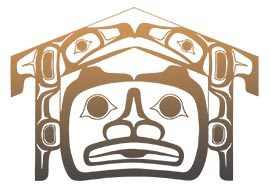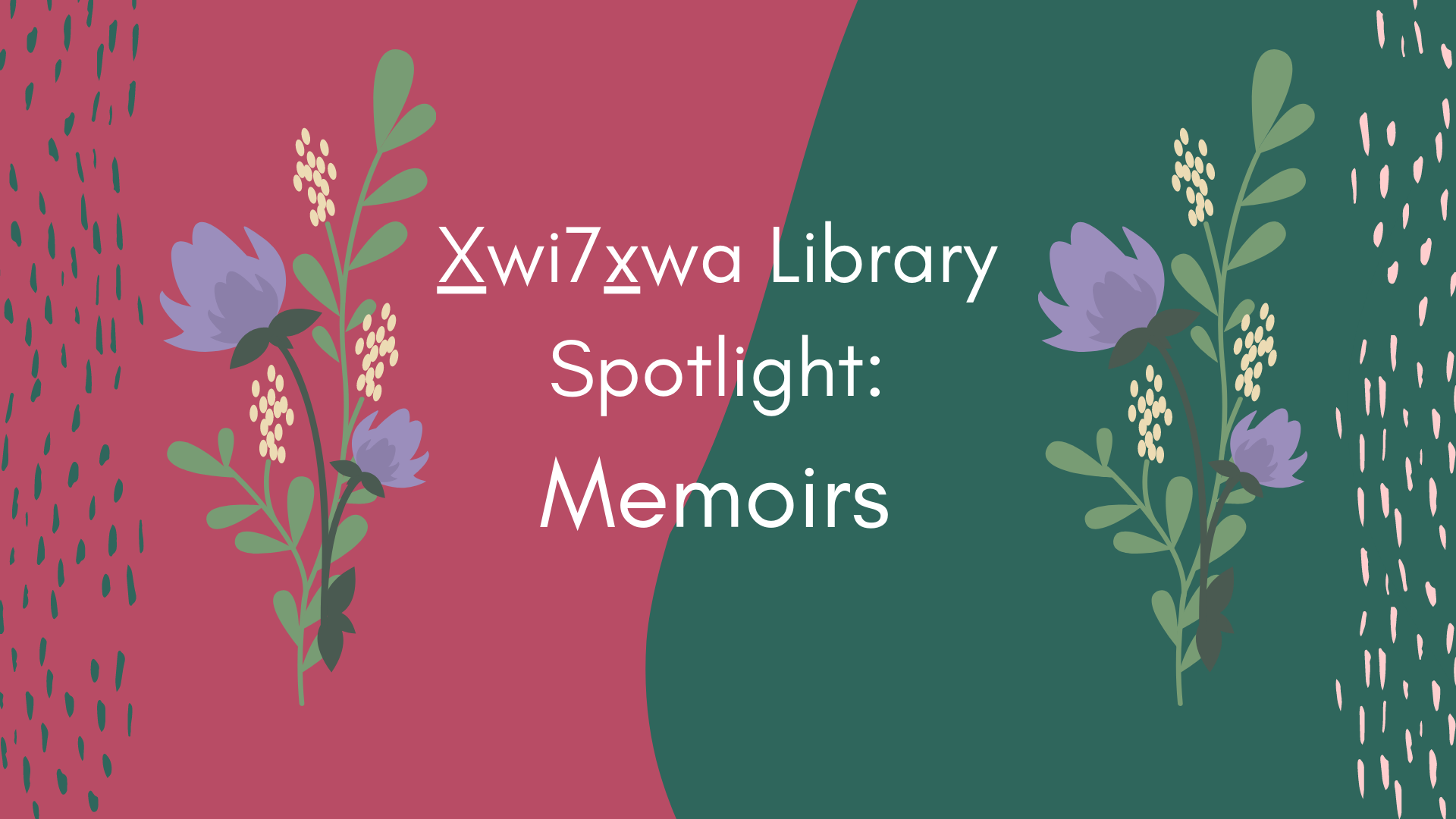
Being able to tell your own story is powerful. Below, we have pulled out a few memoirs we have at Xwi7xwa Library and available online through UBC catalogue that illustrate the power of Indigenous People telling their own stories.
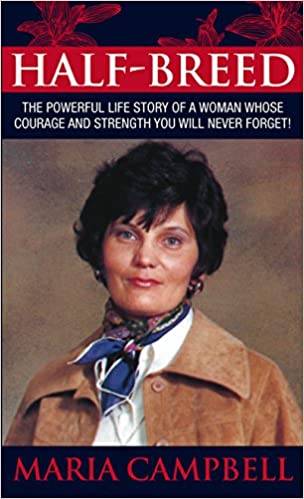
Halfbreed by Maria Campbell depicts the realities that Campbell endured and, above all, overcame. Maria was born in Northern Saskatchewan, her father the grandson of a Scottish businessman and Métis woman–a niece of Gabriel Dumont whose family fought alongside Riel and Dumont in the 1885 Rebellion; her mother the daughter of a Cree woman and French-American man. This extraordinary account, originally published in 1973, bravely explores the poverty, oppression, alcoholism, addiction, and tragedy Maria endured throughout her childhood and into her early adult life, underscored by living in the margins of a country pervaded by hatred, discrimination, and mistrust.
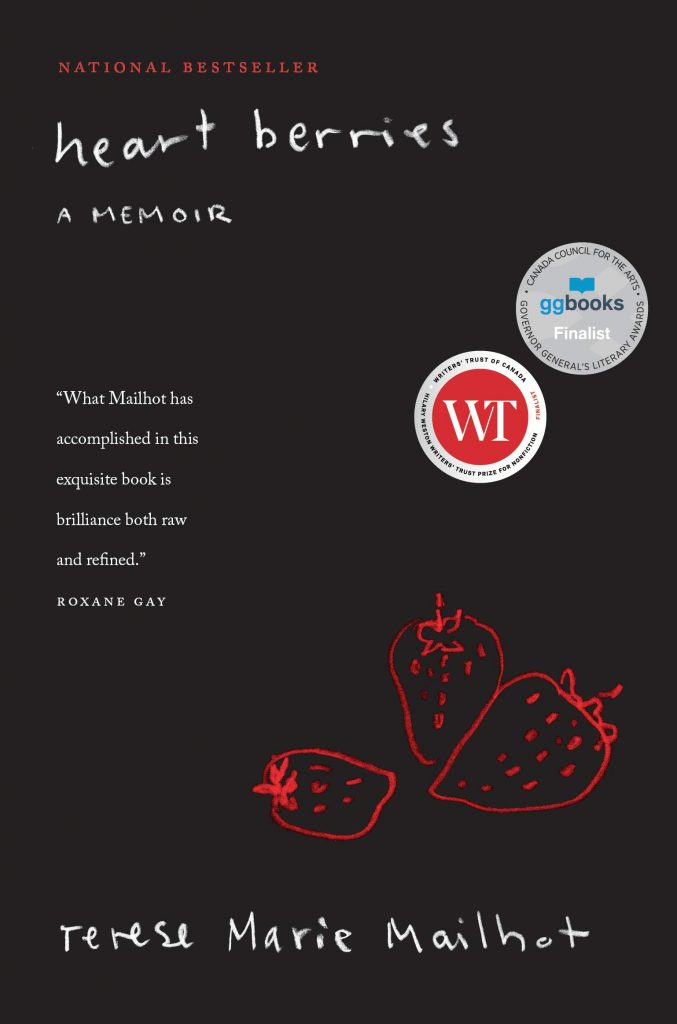
Heart Berries: A Memoir by Terese Marie Mailhot is a powerful, poetic memoir of a woman’s coming of age on the Seabird Island Indian Reservation in the Pacific Northwest. Having survived a profoundly dysfunctional upbringing only to find herself hospitalized and facing a dual diagnosis of post traumatic stress disorder and bipolar II disorder; Terese Marie Mailhot is given a notebook and begins to write her way out of trauma.
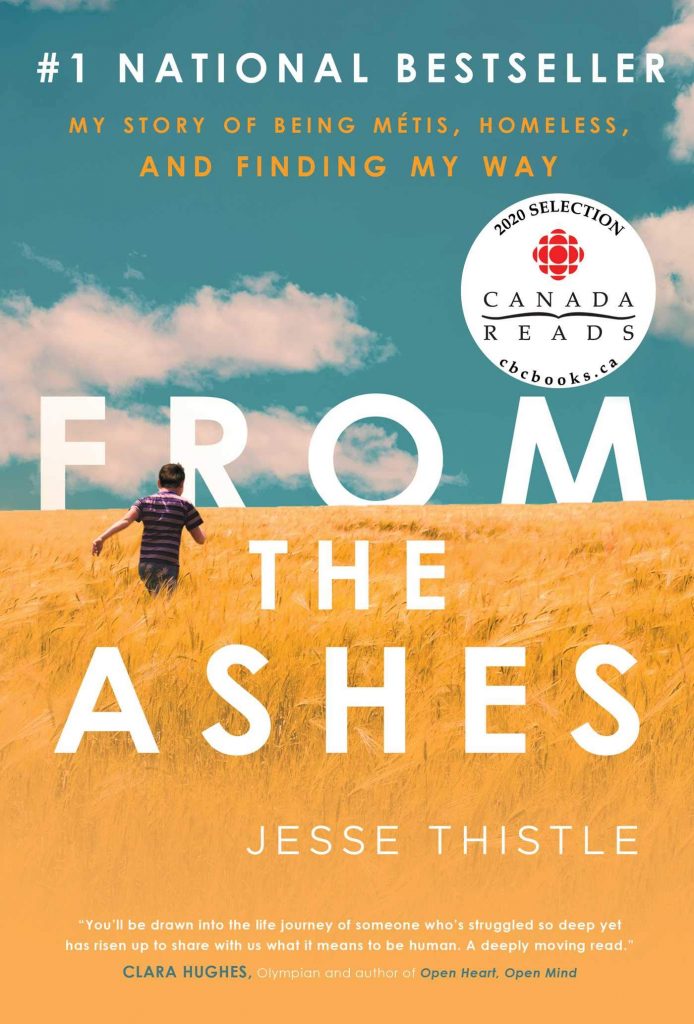
From the Ashes: My Story of Being Métis, Homeless, and Finding My Way by Jesse Thistle is the winner of the 2020 Indigenous Voices-Memoir category. It is an heartwarming and heartbreaking exploration of what it means to live in a society surrounded by prejudice and racism and to be cast adrift, and in the end, about how love and support can help one find happiness despite the odds.
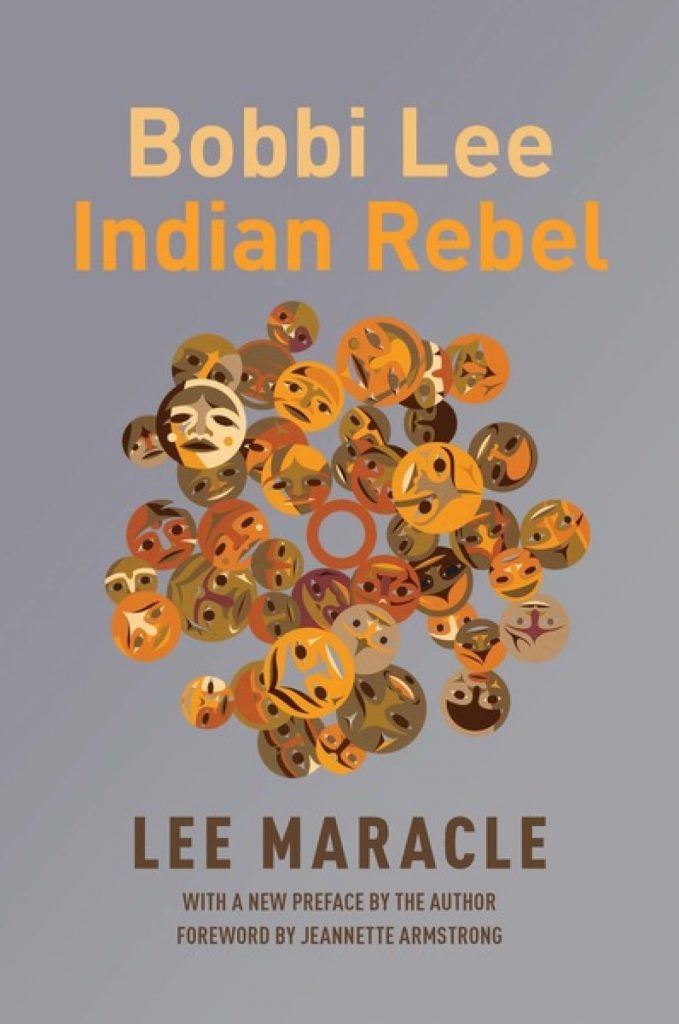
Bobbi Lee, Indian Rebel by Lee Maracle is a gritty portrait of a turbulent home life and harrowing adventures on the road, from the mud flats of North Vancouver to the farm fields of California and the fringes of the hippie subculture in Toronto. Renowned author Lee Maracle’s groundbreaking biographical novel captures the spirit of Indigenous resistance during the Red Power movement of the 60s and 70s, chronicling a journey towards political consciousness in the movement for self-determination.
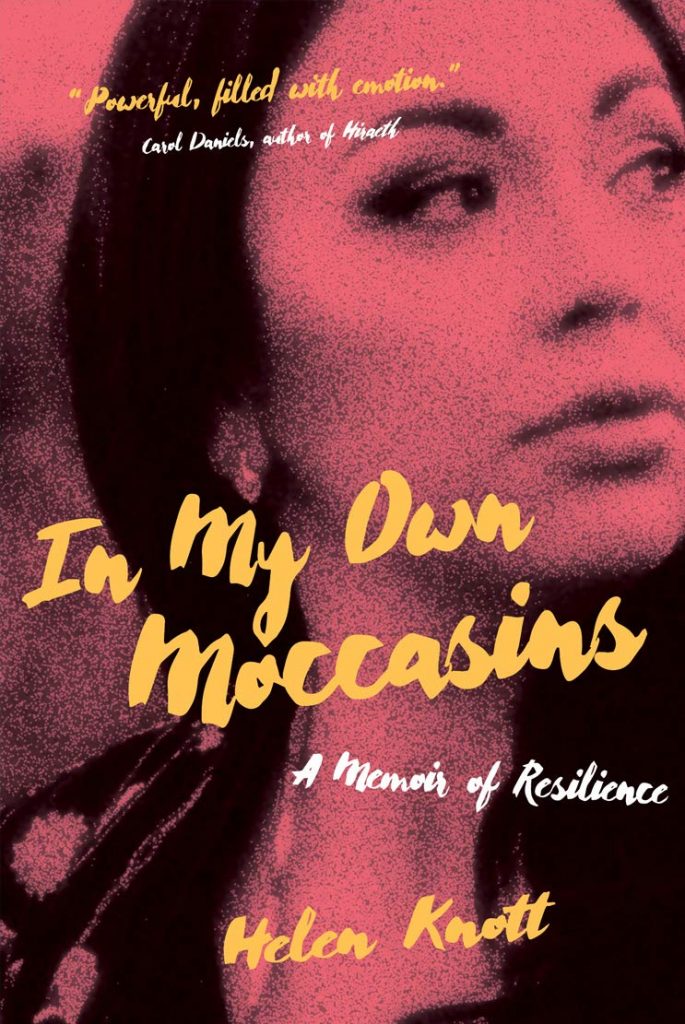
In My Own Moccasins: A Memoir of Resilience by Helen Knott is an unflinching account of addiction, intergenerational trauma, and the wounds brought on by sexual violence. It is also the story of sisterhood, the power of ceremony, the love of family, and the possibility of redemption.
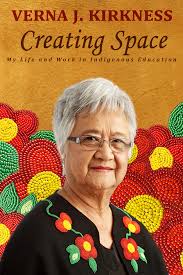
Creating Space: My Life and Work in Indigenous Education by Verna J. Kirkness reveals the challenges and misgivings, the burning questions, the successes and failures that have shaped the life of this extraordinary woman and the history of Indigenous education in Canada.
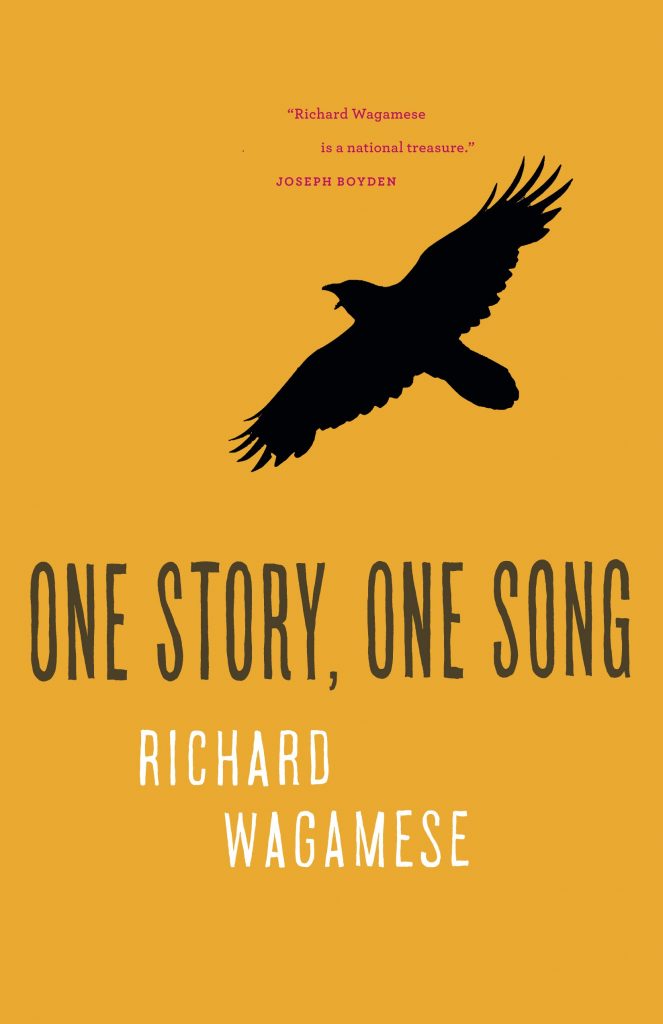
One Story, One Song by Richard Wagamese invites readers to accompany him on his travels. His focus is on stories: how they shape us, how they empower us, how they change our lives. Ancient and contemporary, cultural and spiritual, funny and sad, the tales are grouped according to the four Ojibway storytelling principles: balance, harmony, knowledge and intuition.
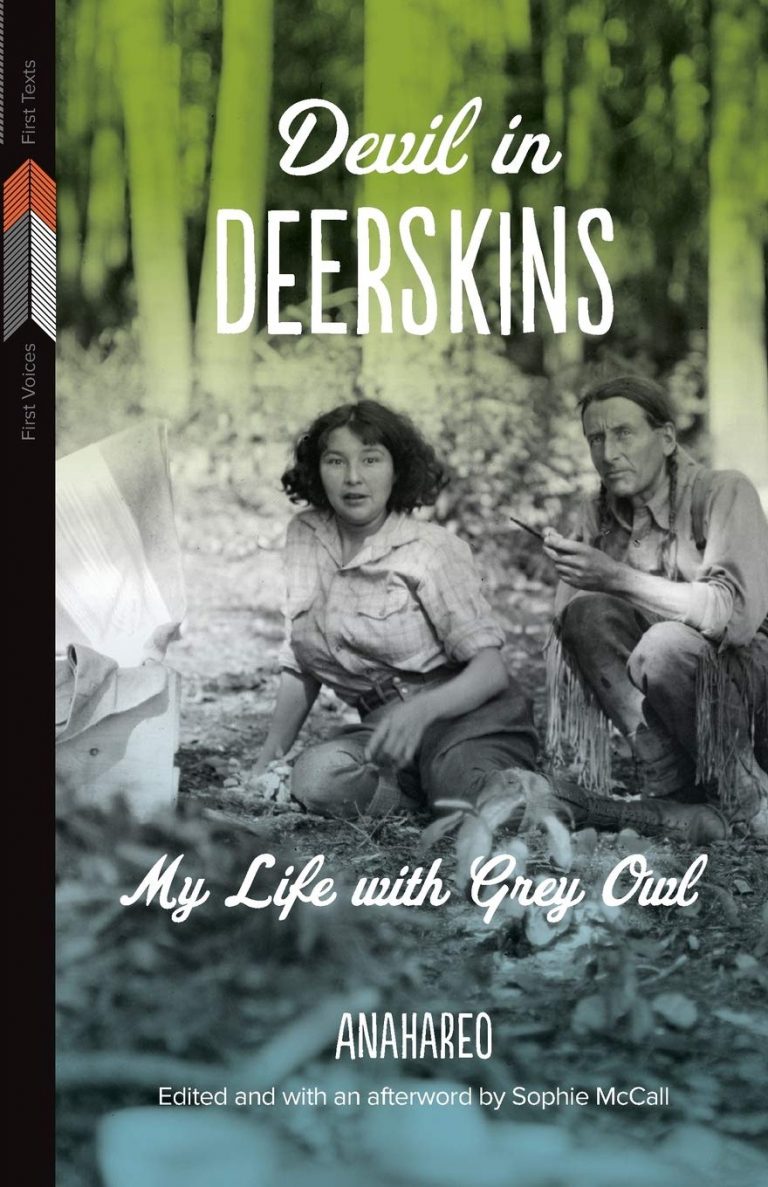
Devil in Deerskins: My Life with Grey Owl by Anahareo; edited by Sophie McCall captures Anahareo’s and her husband Grey Owl’s extensive travels through the bush and their work towards environmental and wildlife protection. This autobiography covers the daily life of an extraordinary Mohawk woman whose independence, intellect, and moral conviction had direct influence on Grey Owl’s conversion from trapper to conservationist.
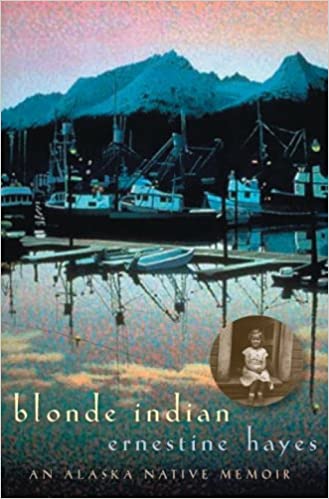
Blonde Indian: An Alaska Native Memoir by Ernestine Hayes is told in layers that blend Indigenous stories and metaphor with social and spiritual journeys, this enchanting memoir traces the author’s life from her difficult childhood growing up in the Tlingit community, through her adulthood, during which she lived for some time in Seattle and San Francisco, and eventually to her return home.
